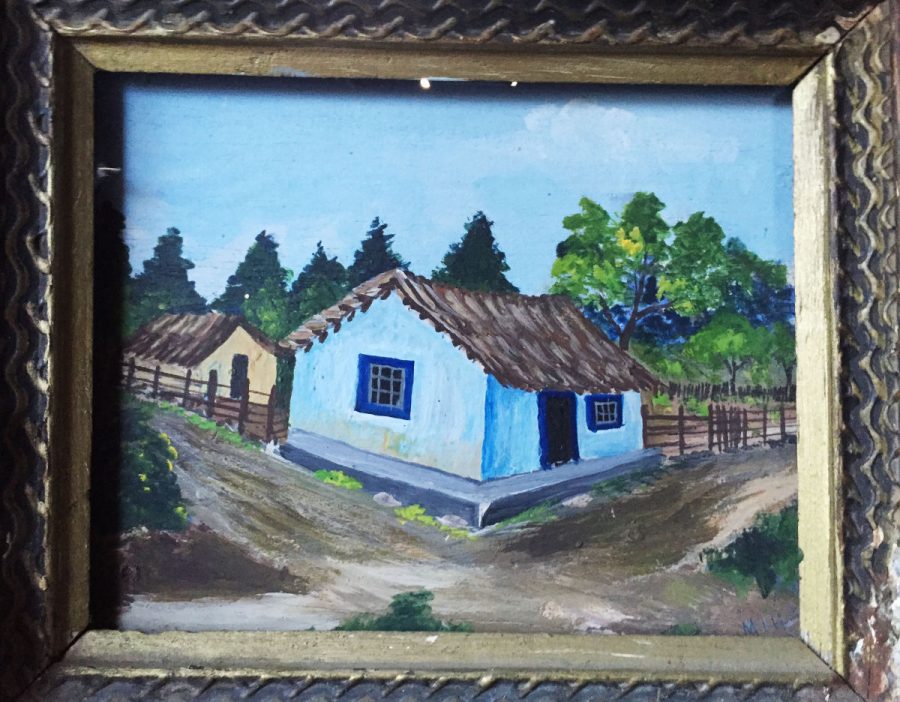Nostalgic Mexico proves perfect time travel destination
Lately I’ve been asking my grandmother a lot of questions about her childhood in Linares, Nuevo Leon also nicknamed “El Pueblo Mágico” (the Magical Town). And the way she describes those days under the Mexican sky just warms my heart.
While it is hard for me to envision growing up in a small stucco house on a little Mexican farm on the outskirts of town during the 1940s, I would love to have lived a week in her childhood shoes, I most definitely would.
Back then, children didn’t grow up with tablets or a ton of toys. Rocks and marbles were just as entertaining. Together, she and her sisters would build dollhouse furniture from bottle caps and boxes. When it came to gifts, receiving simple pleasures like a book or the taste of a freshly-picked orange was more than enough — simply because it was all they had.
While being educated in a poor Mexican town meant you didn’t have new crayons, teachers still encouraged you to make the world beautiful with artwork.
Teachers didn’t have elaborate maps or projectors either, but I bet they could draw Texas on construction paper without wasting chalk.
At only 12, my grandmother was already teaching young children in a small classroom at a humble primary school. More than times tables and Spanish vocabulary words, her students first learned how to hold a pencil, then learned cursive handwriting, Mexican poetry, music and the history of their culture.
People underestimate how helpful a younger teacher can be for little kids. If my young grandmother would have been my teacher, I don’t think I would have seen her as a dictating parental figure, but rather an admirable older sibling I would want to imitate. She stepped up to be a teacher because she had to, not necessarily because she wanted to, and that sacrifice of childhood for the responsibilities of adults is worthy of respect.
The Mexican people start their day early, working hard to provide for their families and contribute to their community. However, the people of my grandmother’s time weren’t as career-driven as people in the United States are. They understand that work will always be there, but time with family is irreplaceable.
You had radio, not television; a long walk, instead of a car ride; the breeze rather than air condition. To drink, there was fresh cow’s milk, homemade lemonade or cool water from a small well.
This era was so simple, yet its economic hardships left some in search for better jobs. After World War II, the Bracero Program allowed Mexican people the chance to perform manual labor in the United States under the Mexican Farm Labor Agreement – which led to a wave of Mexican immigrants legally arriving to the United States, like my grandparents did in 1960.
Still, one of the greatest realizations I feel when talking to my grandmother is that money can’t buy joy, work ethic or integrity. Family, education and cultural appreciation are what make you rich.
Every time I return to visit my family in “El Pueblo Mágico,” I certainly feel the magic – and I can only imagine how much more magical it was 65 years ago.







